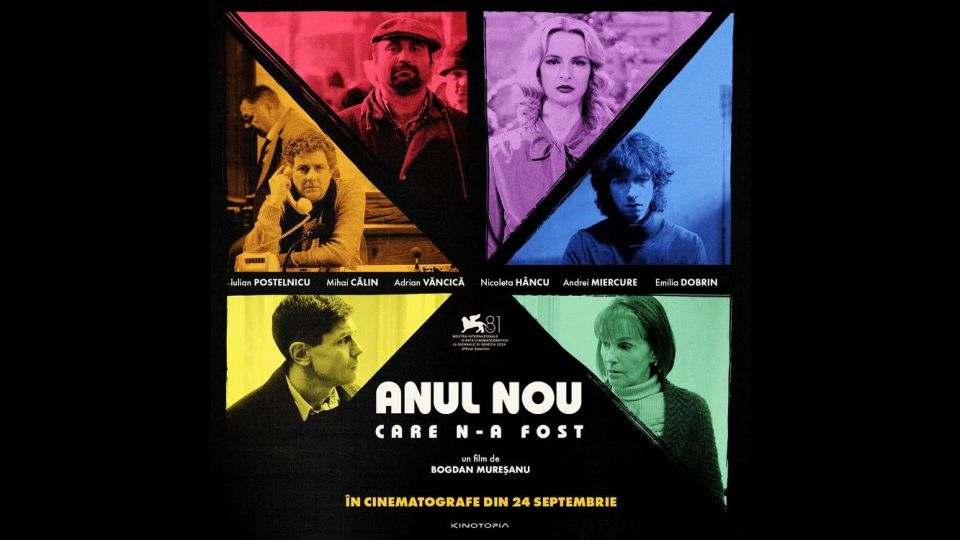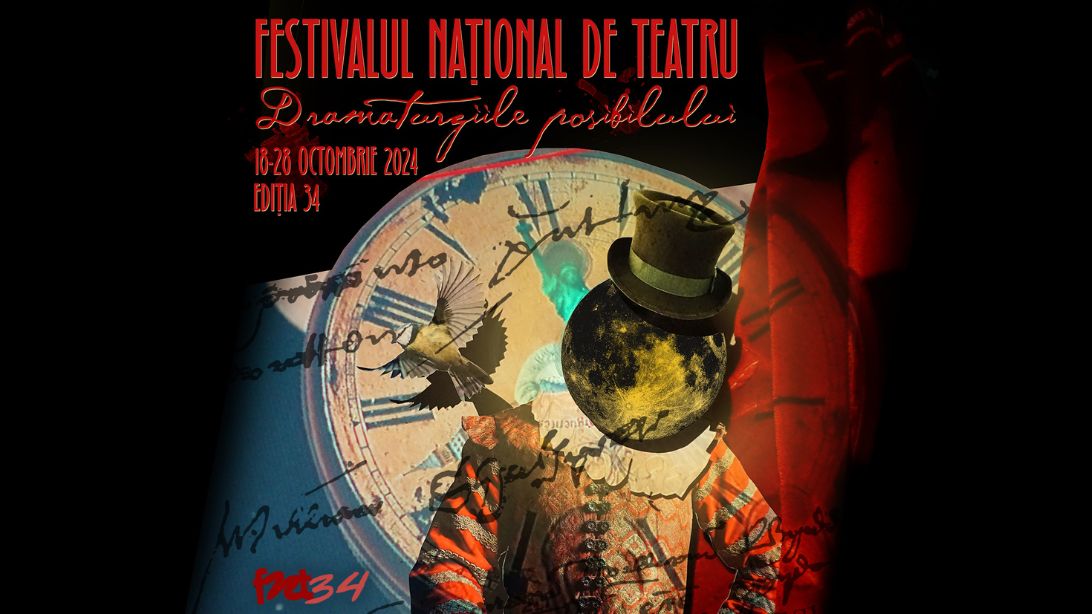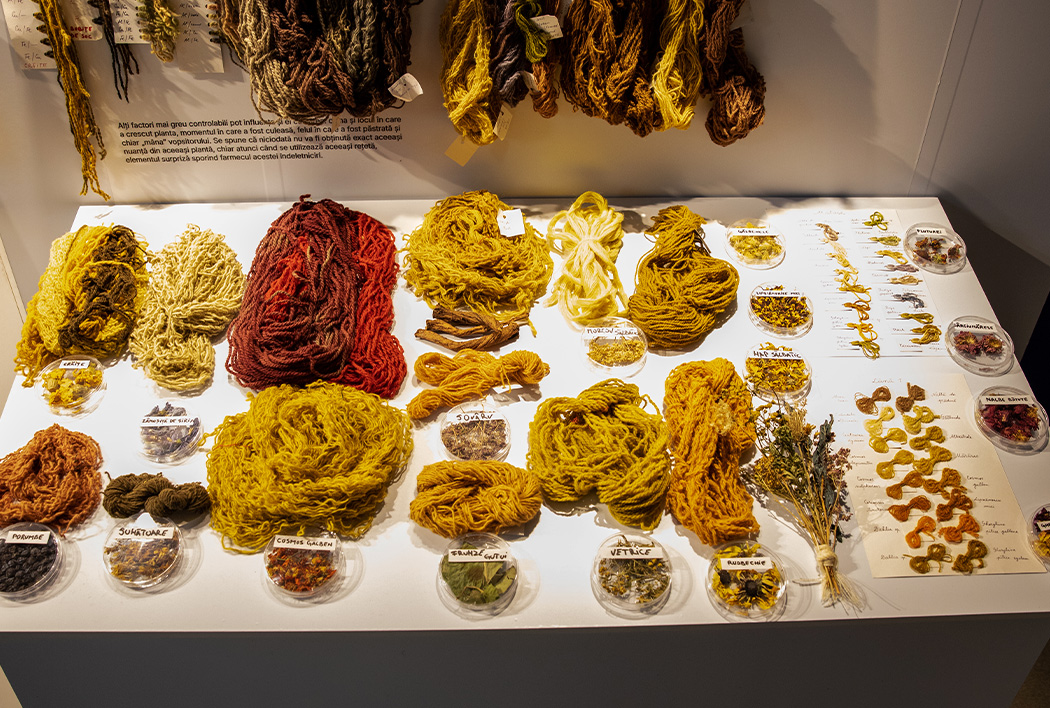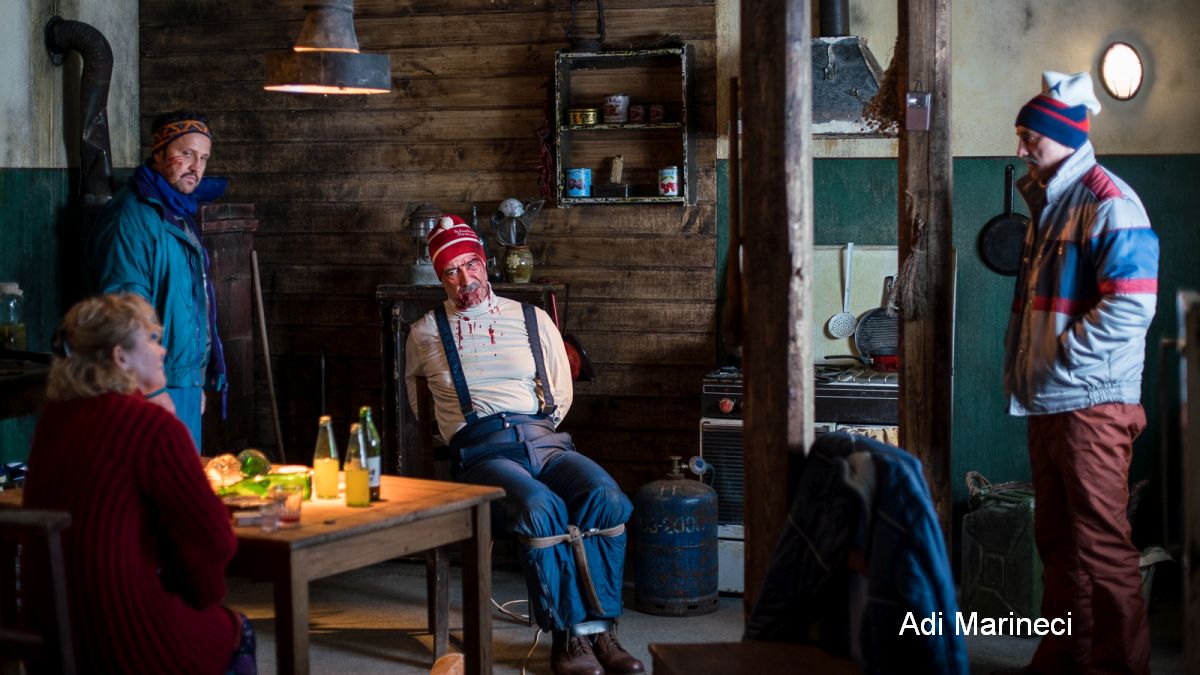Bucharest International Theater Platform
The Bucharest International Theater Platform reached its third edition this year.
Luana Pleşea, 29.10.2016, 14:01
“The Other/Migration, a topic of our day-to-day lives is also featured by the Bucharest International Theater Platform, which reached its third edition this year. The event was organized by ARPAS jointly with the Bucharest Municipality, through ARCUB, the Bucharest Municipality Cultural Center.
The curator of the event, theater critic Cristina Modreanu said that, thanks to the guest performances from Germany, Great Britain, United States and Romania, the audience had the chance to get acquainted with ways to negotiate the relationship with the Other. “How we take in, in our own homes, those who are the strangers among us and how we can find ways to get accepted where we are the strangers among others – these are the issues sparked by the new migration wave, generated by the escalation of armed conflicts in the Middle East, says Cristina Modreanu.
Cristina Modreanu: The migration wave encompasses people who are very different from each other, people who reach a new territory, somewhere in Germany, Great Britain and other European countries. Problems are also different in each of those places. And the systems where they seek for asylum, or where they try to somehow get integrated into society are very different. Consequently, it goes without saying that every time there are completely different problems. However, they are highly significant for us as well, as we, just like any other European country, also have a refugee distribution quota. We have those people who stay with us as well, lost in a system that does not quite know what to do with them. We have chosen the stage performances with the clear purpose to present as many of those stories as possible, of those cases, for people to realize they are all humans, just like us, humans who experience trying situations, who suffer, individuals whom we should understand better.
Those stories were told during the Platform, in various ways: through voice, rhythm and music, through theater proper, without spoken words, through a discourse which was extremely similar to that of politicians, through a performance guided tour along the streets of Bucharest, or through radio drama.
Opening the event was a performance from Germany, Asylum Monologues, written and directed by Michael Ruf. The show tells, in a minimalist way, three extremely impressive stories. It is the production of a special theater structure: “Bühne für Menschenrechte / “Actors for Human Rights. With details on that, here is assistant director Lara Chahal:
Lara Chahal: “We have a network of different actors and musicians throughout Germany and we do performances in different cities, and, for example, if we do a performance in Munich we look for actors that are based around Munich so they come and do the performance or. If we are in other cities, then we look for different people. So its always different people who do the performances. The texts are based on interviews that we did with refugees who came to Germany. In those interviews they talk about their experiences with the European asylum system. We want to spread the voices of refugees so that more people become aware of the problems they are facing in Europe. Usually after every performance we have a public discussion with local supporters and also refugees, who live in that local area and we always engage people in the discussion about what can we do about this. The feedback is mostly that sometimes they are shocked by these stories, because they didnt know about what is going on or they are already engaged and they want to do more. And we really want to engage people in the discussion and also make them talk about what they heard and spread the word and talk to each other about how they can support refugees locally, and their local communities.
An analysis of the migration issue and of the possible aftermath of the phenomenon has been achieved by playwright Matei Visniec in his text “Migraaaants or We are way too many people in the same boat.“ It was a reading-performance presented during the Platform. The show was a prequel to the radio drama directed by Mihai Lungeanu, to be produced by the National Radio Drama Department in early 2017.
Mihai Lungeanu: Matei Visniec has selected a description of the events, and not an involvement in that. It is a description of the relationships between those who manage the arrival of those Arab people, those who are into doing trade, into doing business, those who are into politics…at all levels – cultural, political, administrative, human… There are several sensitive scenes, speaking about the universality of death, when bodies taken out on dry land have no ethnicity, no sex, no age…And then, aside from our capacity to welcome the living, we should deal with another problem, relative to the dead people. And this problem should be solved somehow. Matei Visniec looks at it in a humorous way, just like he usually does, with sensitivity, with poetry and loads of lucidity.
Artists in Bucharest have recently started to take an interest in creating urban exploration projects. One such project is Bucharests Sensory Map, a performance guided tour which uses actors and special guests, whose memories are linked to houses with memorable stories. Audio and video installations are also used in the project. Bucharests Sensory map was part of Bucharest International Theater Platform project. With details on that, here is the curator of the project, theater critic Cristina Modreanu.
Cristina Modreanu: ‘Bucharests Sensory Map is a project enabling us to get to know many facets of the city of Bucharest, in various periods of time. I have also included it in the Platform as ‘the other is a notion we have seen throughout history. Its amazing to see people taking the tour, who have previously been unaware of the existence of a Jewish district in the city of Bucharest, and of the fact that very little has been left of it. They did not know there was an Armenian neighborhood, either, or that other types of population used to live here. Remnants of all that still exist and this makes the diversity of the city of Bucharest.“
As regards the company from Great Britain which participated in the Platform, the migration issue was broached from a psychological standpoint. Winner of the Best Fringe Show in 2014, “Confirmation tries to get us think: what if other arguments, which seem to differ so much from our own discourse and prejudices, are just as true?

